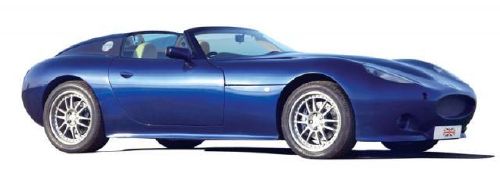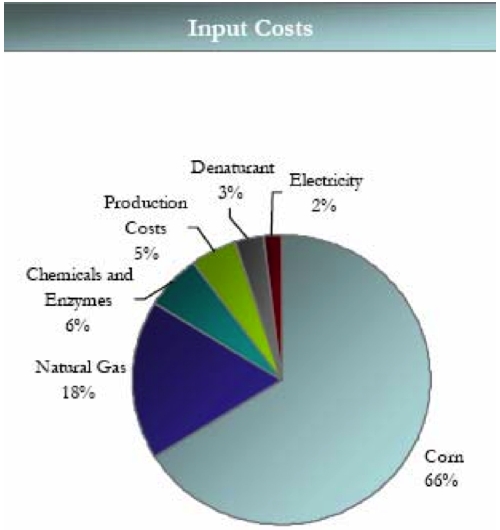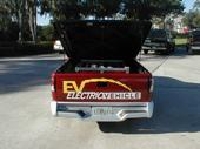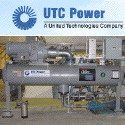Archive for the 'Transportation' Category
Air as auto fuel?
Family Car Model

Mr. Guy Nègre of Moteur Developpment International (MDI) has created an air engine (in vehicles) that can be recharged by a compressor in 3 minutes or via an electric connection in 4 hours and has a range of 200km. The cars use regenerative braking and have models including a taxi, truck, van, runabout, and family car. An interesting approach to be sure. Energy storage in compressed air form is reasonably efficient and could be widely available. Let’s see where this concept goes… Comments are off for this post
McDonald’s slick oil recycling
With over 150 delivery trucks (lorries if you prefer,) McDonalds consumes over 6 million litres of diesel fuel each year. That many people have been asking the restaurant (and others) for their used cooking oil has not gone unnoticed and as a result, McDonalds UK plans to use a mix of 85% recycled cooking oil and 15% rafeseed oil to power their fleet.
At the beginning of this month, a subset of 50 trucks was converted to run on the bio fuel and the full fleet should be converted shortly. From a financial perspective, this is great news for the company as they could realize savings of up to $12M per year in fuel costs and potentially have excess fuel to resell providing even more bottom line boost. Reuters published an interesting writeup on this earlier in the month.
Another case where recycling and smart ecological thought translates to positive cashflow.
Another high performance electric car

This car is a two seater, luxury, 640hp vehicle designed to have a range of 250 miles and accelerate from 0 – 60mph in less than 4 seconds…If the battery issues and weight can be worked out (the weight is missing from the specifications) the electric sport car segment will thrive. Everyone knows Tesla, but these other competitors should at least make it interesting. The Lightning Electric Car may be a worthy UK-based competitor. Comments are off for this post
What are the costs to produce ethanol?

Another interesting tidbit picked up at REFF was what the requisite input costs are in the production of ethanol in the US. The pie chart above shows that the largest cost of input by far is the feedstock, corn at 66%. The cellulosic approach definitely makes sense as it attacks this major cost of production – one has to wonder if nations like Brazil, where 40% of their transport fuels are ethanol, experience a similar input cost percentage using sugar cane as the feedstock?
The next large cost is natural gas used in the distilling process. The natural gas and feedstock costs account for 84% of the production cost for ethanol! Unbelievable. Changing the equation of production costs will definitely have an impact on the future of the fuel. Corn prices have doubled as the demand for ethanol has increased. Natural gas prices have doubled in the past 6 years. Unless these trends moderate or the production methodology changes to break from the dependance on natural gas and corn, ethanol will become ever more expensive to produce. Comments are off for this post
DIY Electric Truck

Kenneth Watkins, an electrical engineer from Orlando, Florida, decided he’d like to make an all electric vehicle for his commute. So he bought a truck, ripped out the combustion engine and associated bits, installed an electric motor, controller, and battery bank, and voila, he had a great all electric truck.
Here are the specs on the vehicle:
- Motor: Advanced DC FB1-4001A Series Wound DC
- Drivetrain: 5 speed manual transmission
- Controller: Curtis 1231C-8601 (95-144Vdc) 500 Amp
- Batteries: 24 Trojan T 105, 6.00 Volt, Lead-Acid, Flooded
- System Voltage: 144 Volts
- Charger: Zivan NG-3
- DC/DC: Converter Power-One
- Instrumentation: 60-160 V Voltmater, 0-400 Ammeter, Tachometer, Controller Temperature gauge, Acc. Voltmeter
- Top Speed: 70 MPH (112 KPH)
- Range: 50 Miles (80 Kilometers)
- Conversion Time: 3 months
- Conversion Cost: $15,000
If you’d like to do a conversion, contact Ken at (407) 805-0766 or through his MySpace page.
2 comments








